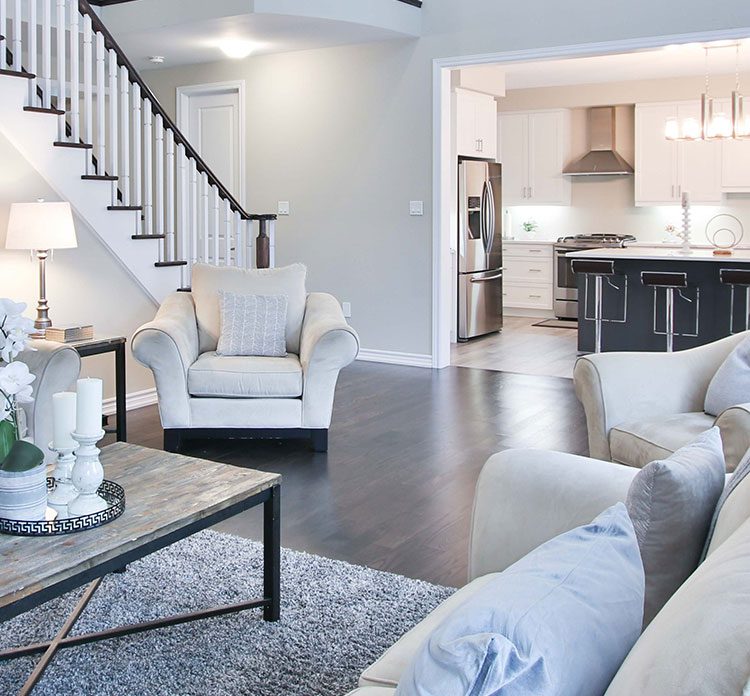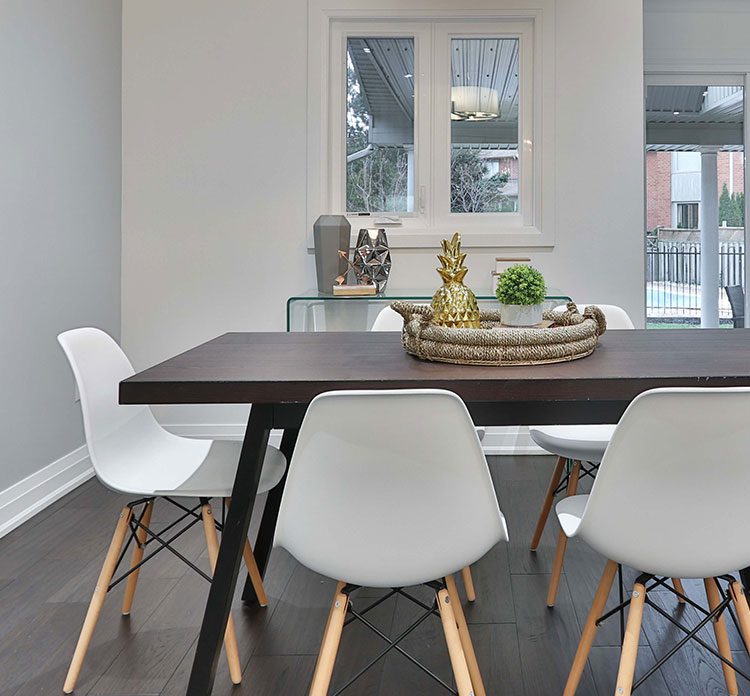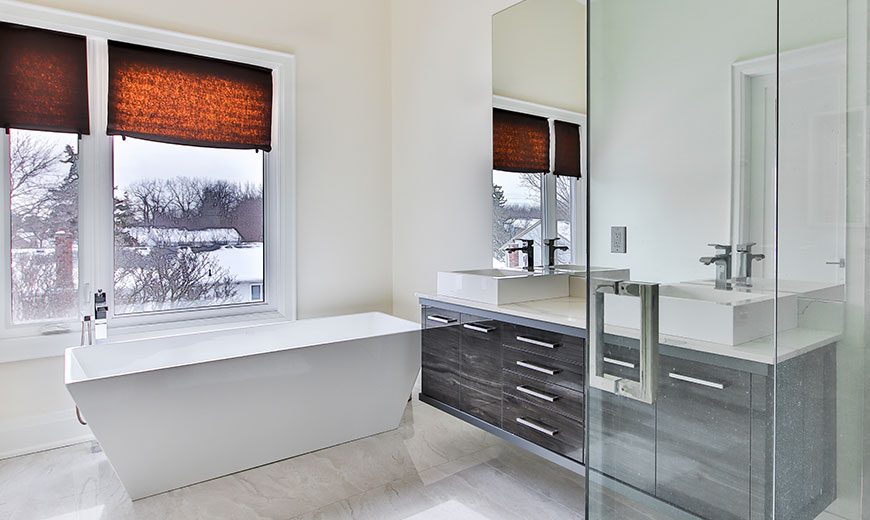Creating Concept
- Home
- Our Services
- Creating Concept
Concept Creation in Interior Design: Enhancing Spaces with Creativity
The process of bringing spaces to life goes beyond just selecting furniture and color schemes. Concept creation forms the foundation of any office interior design project, driving the vision and creativity that breathe life into a space. This article explores the fascinating realm of concept creation in interior design, shedding light on its significance, process, challenges, and future implications.
What is Concept Creation?
Concept creation is the initial phase of an interior design company project where designers formulate a comprehensive and cohesive idea for the space they are about to transform. It involves brainstorming, researching, and envisioning the desired atmosphere, style, and functionality of the interiors.
Importance of Conceptualization
A well-defined concept sets the tone for the entire design process. It provides a roadmap that guides the designer’s decisions, ensuring that the final outcome aligns with the client’s expectations and objectives.
Balancing Aesthetics and Functionality
A successful concept seamlessly blends aesthetics with functionality. It considers both the visual appeal and practicality of the space, creating harmonious interiors that are not only beautiful but also serve their intended purpose.
Process of Concept Creation
Research and Inspiration Before embarking on the design journey, thorough research and gathering inspiration are crucial. Designers explore various styles, architectural elements, and emerging trends to spark creativity.
Defining the Scope and Vision
Once inspired, designers narrow down the scope of the project and define a clear vision for the space. This involves understanding the client’s needs, preferences, and the purpose of the space.
Developing Mood Boards and Color Palettes
Mood boards are powerful tools that visually represent the concept. They include images, textures, colors, and materials that resonate with the envisioned design. Color palettes are carefully chosen to evoke the desired emotions.


Elements and Design Principles
The concept is further refined by integrating key design elements, such as lighting, furniture, and spatial arrangement. Principles of design like balance, rhythm, and proportion are considered to create a cohesive look.
Refining the Concept
The initial concept may undergo revisions and refinements to accommodate the clients’ feedback and ensure that it aligns perfectly with their vision.
Applying Conceptual Designs to Different Spaces
In residential design, concept creation revolves around reflecting the homeowners’ personalities and lifestyles. The concept defines the ambiance of each room and harmonizes them as a whole.
Commercial Spaces
Concepts for commercial spaces focus on brand identity and creating an inviting atmosphere that attracts customers. They aim to enhance the functionality of the space for business operations.
Hospitality Environments
In hospitality design, the concept emphasizes guest experience and comfort. Creating a memorable ambiance that aligns with the hotel or restaurant’s theme is essential for customer satisfaction.
Solutions in Concept Creation
Working within budget limitations can be challenging, but it also encourages designers to explore cost-effective solutions without compromising on quality.
Meeting Client Expectations
Understanding and managing client expectations is crucial for a successful project. Effective communication and regular updates can bridge the gap between designers and clients.
Adapting to Changing Trends
Interior design trends evolve constantly, and designers must strike a balance between incorporating current trends and creating timeless spaces.

3D modeling
Studio provides a full range
of 3D interior modeling
ROOM MEASUREMENT
Development of iperfect design
of the project
2d planning
We provide 2D planning
for great visualization
What People Say

Afrin Nusrat
Client of Company
Salam Mushidi
Client of Company
